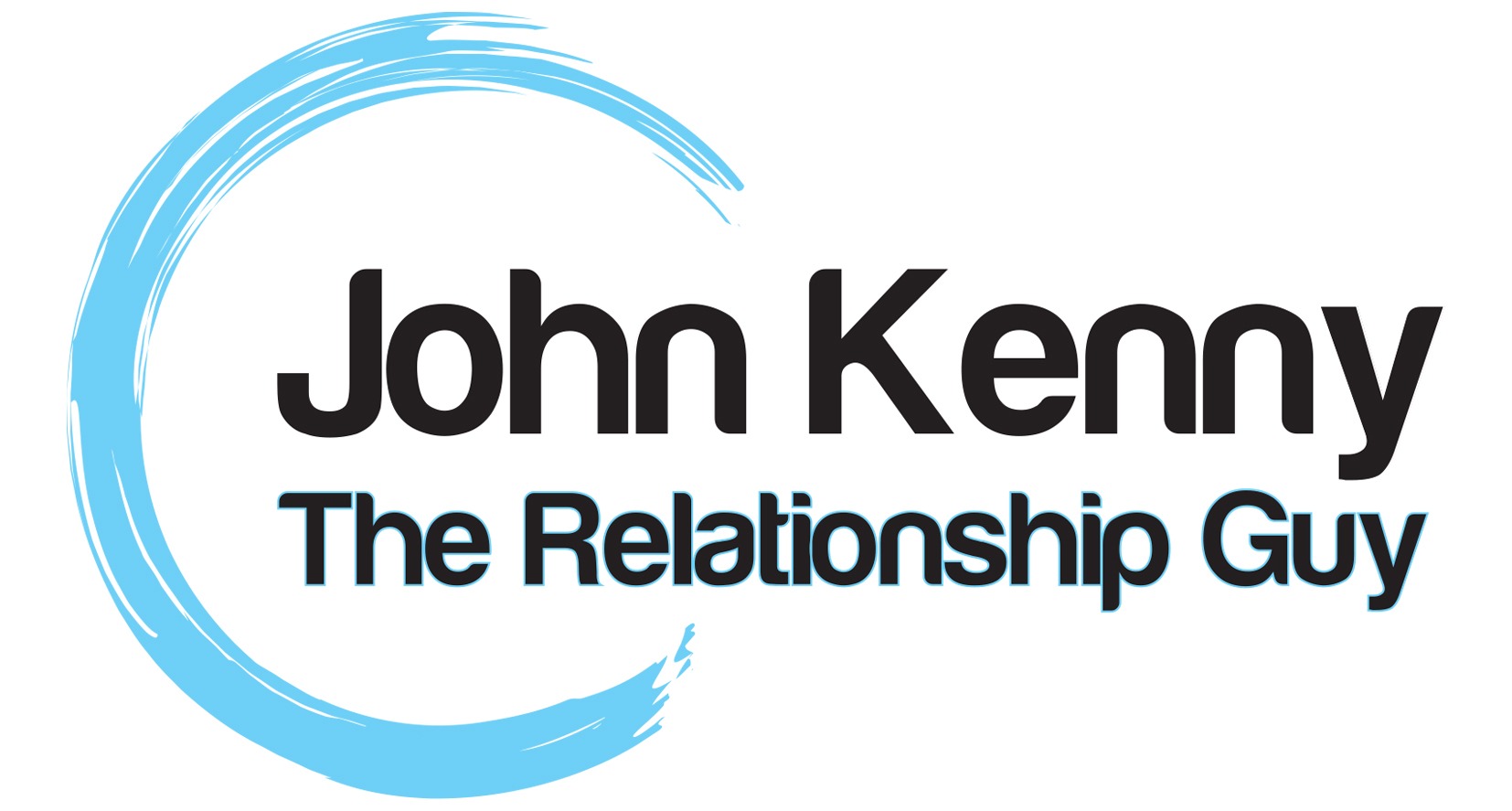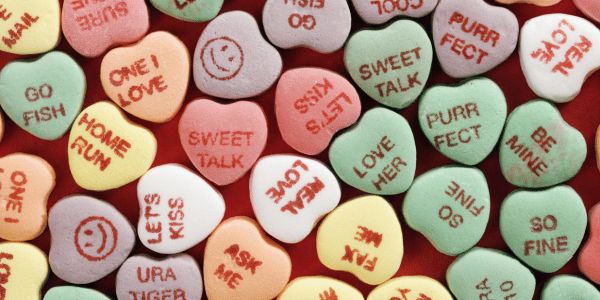This is the question I left with at the end of part one, so what is the answer?
First of all:
This is one of those truly unanswerable existential questions, as there is a complexity and depth to love that as humans we have a hard time wrapping our minds around. But there are a few things we know.
Is love a feeling?
The evidence suggests, well, not exactly.
People who are “in love” experience a lot of feelings, but they’re not what we term ‘true love’.
People who are abusive can feel deep feelings for their partners, but this is based in the insecurity of loss, and is not love.
Feeling love for another or feeling love within yourself is just a part of love, but it is not love.
Is love an action?
Is it caring, affection, attention? Again, the evidence suggests, well, not exactly. There are many people who love each other yet are unkind, neglectful or abusive.
Love does include actions that express the state of love; however, love is not an action.
Is love a force?
This is a spiritual bit. Many belief systems point to love being the Source of all things. There are those who believe that love is who we are at our core. It’s our essential nature. It’s the force that creates worlds!
There is only one thing that we know for sure about love, this may seem like a bit of cop out, but it is true:
Love is defined and experienced differently by each person – so is different for each of us.
Why?
Love can be experienced as a feeling, an action, or a force.
Love is experienced based on the beliefs and environmental influences of the individual.
The feeling of love always takes place within the individual – it is your own state of mind.
If you think about it, you can feel an emotion of love for someone even when they are not with you and without them knowing or feeling it.
You can feel love for someone even if you do something mean to them.
You can feel loved by someone, of you believe they love you, even if they don’t love you.
You can feel loved because someone did something nice for you, even if they weren’t feeling love when they did it.
In each situation, the feeling of love was in no way dependent on the other person.
You do not need them to “receive” your love in order to feel it for them.
You do not need them to be experiencing a feeling of love for you in order for you to feel loved.
In truth, the source of ALL feelings of love lie within you and is based on the thoughts, meanings and beliefs you are holding.
Someone can feel love for you, but if they don’t tell you or express it, or if you don’t believe it, you won’t feel it.
Why?
Because in order for you to feel loved you need to be thinking that you are loved.
Love comes from within YOU, yes, YOU.
Ultimately, the purpose of this piece is to help you recognise what love is and that the way you experience relationships is your choice.
Part of this choosing is to decide what type of relationship you want? “unhealthy love” or “healthy love”.
Here is how you can tell which one you’re experiencing or have experienced:
“Unhealthy Love”
Dependent on the relationship for self-esteem.
Take more from the relationship than you give.
The relationship drains your emotional, psychological, and physical energies.
Jealousy of the other persons’ separate activities.
Can only think of the other person.
Fear that the other person could lose interest.
A deep need, clinging, or grasping for them.
“Healthy Love”
You regard that both of you are individuals, separately apart with each other.
Each of you accepts the fact that neither is perfect, but are a perfect version of them.
The relationship still gives each person the energy to devote to other aspects of life.
Each of you continues to grow as independent human beings.
Each feels a responsibility to each other’s well-being.
Both of you experience the joy in giving as well as in receiving.
Trust and honesty bind you together.
Each understands and accepts the world and realities of the other.
You both recognise and honour your own needs and those of your partner.
Why are we attracted to who we’re attracted to?
Consciously we look at:
Similarities
Status
Aesthetics
Subconsciously we look at:
Differences
Resolution
Programming
And live to a certain set of beliefs.
Knowing your conscious and subconscious processes will help you to understand the type of relationships you are attracting/attracted to and making healthy choices about the relationships that you allow in your life.
Part of the IRC approach explores all of these attractions in much more detail in order for you to be able to recognise what your attraction patterns are and how to find the relationships you want.
Please contact me for more information or book in your FREE Relationship Breakthrough Session here: https://calendly.com/johnkennycoaching/30min
Be good to yourself
John

